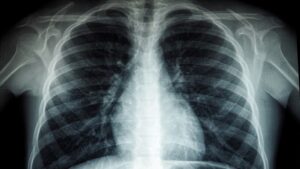[ad_1]
Gastroenteritis, stomach flu or stomach flu It is a gastrointestinal infection that manifests itself with watery diarrhea and cramping abdominal pain, nausea-vomiting and sometimes fever.
The most common cause of gastroenteritis is contact with a previously infected person or eating or drinking contaminated food or water. If the person does not have any other disease, most of the time, this condition will heal on its own in a day or two.
However, for infants, the elderly, and people with weakened immune systems, viral gastroenteritis can cause serious discomfort.
WHAT ARE THE SYMPTOMS OF GASTROENTERITIS?
The most common symptoms of gastroenteritis are:
– Watery, usually non-bloody diarrhea (bloody diarrhea usually means there is a different, more severe infection.)
– Abdominal cramps and pains
– Nausea, vomiting, or both
– Occasional muscle aches or headaches
– Low grade fever
Sometimes there may be loss of appetite, stomach discomfort, joint and headache.

WHAT CAUSES GASTROENTERIT?
There is a high risk of contracting viral gastroenteritis when eating or drinking contaminated food or water, or sharing utensils, towels, or food with an infected person. The most common causes are rotaviruses and noroviruses.
Noroviruses are among the most common causes of foodborne illness worldwide in both children and adults. It is most likely to spread between people, especially in confined spaces.
In most cases, you get the virus from contaminated food or water, but person-to-person transmission is also possible.
Rotavirus: Children who become infected when they put their fingers or other virus-contaminated objects into their mouths are also the most common cause of viral gastroenteritis.
Infection is more severe in infants and young children. Adults infected with rotavirus may not have symptoms, but they can still spread the disease. Fortunately, there is a vaccine for this infection.
Some shellfish, especially raw or undercooked oysters, can also make you sick.
Although contaminated drinking water is a cause of viral diarrhea, in most cases the virus is transmitted by the faecal-oral route.
[ad_2]






